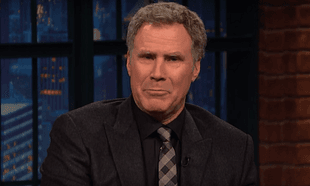New figures released by the World Wildlife fund show that the wildlife populations on the planet have decreased by more than half since 1970, a much higher level than previously thought.
The World Wildlife Fund (WWF) has released some startling and worrying figures in their latest Living Planet Report that show that mankind is making a mess of the planet. While they're not the first people to tell us this, the facts and figures highlight the level to which the current lifestyle of much of the people who live on this planet is damaging it.
Carter Roberts, WWF president and CEO said that "We're gradually destroying our planet’s ability to support our way of life", adding "We all live on a finite planet and its time we started acting within those limits."
The report doesn't make for pleasant reading, showing that the Living Planet Index (which takes a sample from 10,000 populations of birds, mammals, reptiles, and fish) decreased by 52 percent between 1970 and 2010. Freshwater species saw the sharpest decline, plunging by 76%, while marine and terrestrial species fell by 39%.
Much of this is caused by humans killing for food and destroying the habitats of all types of wildlife in the name of progress, and according to The Verge, some countries are much worse than others. The report also measures each country's "ecological footprint" - how many resources are used by each different region. Kuwait was found to have the largest ecological footprint per capita, followed by Qatar, while the US was eighth in the list.
Overall, we are cutting down trees much faster than they could regrow, fishing beyond the ability of the species to reproduce, and emitting far too much CO2, to the point that we would need 1.5 Earths to continue living the way we are now.
Marco Lambertini, director general of WWF International, wanted to point out that, while this report should cause alarm, it should not cause hopelessness: "We need leadership for change. Sitting on the bench waiting for someone else to make the first move doesn’t work. Heads of state need to start thinking globally; businesses and consumers need to stop behaving as if we live in a limitless world."










































































